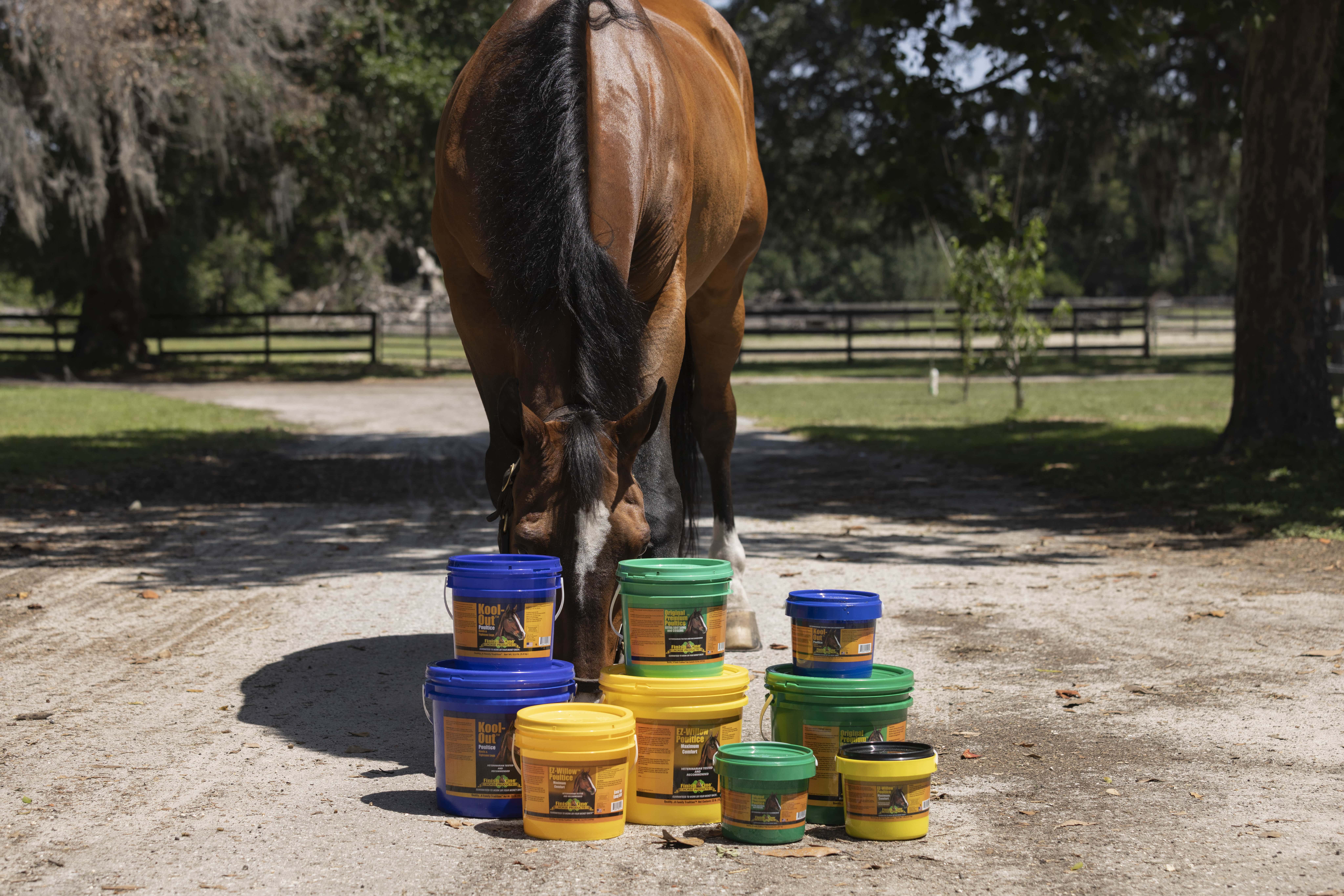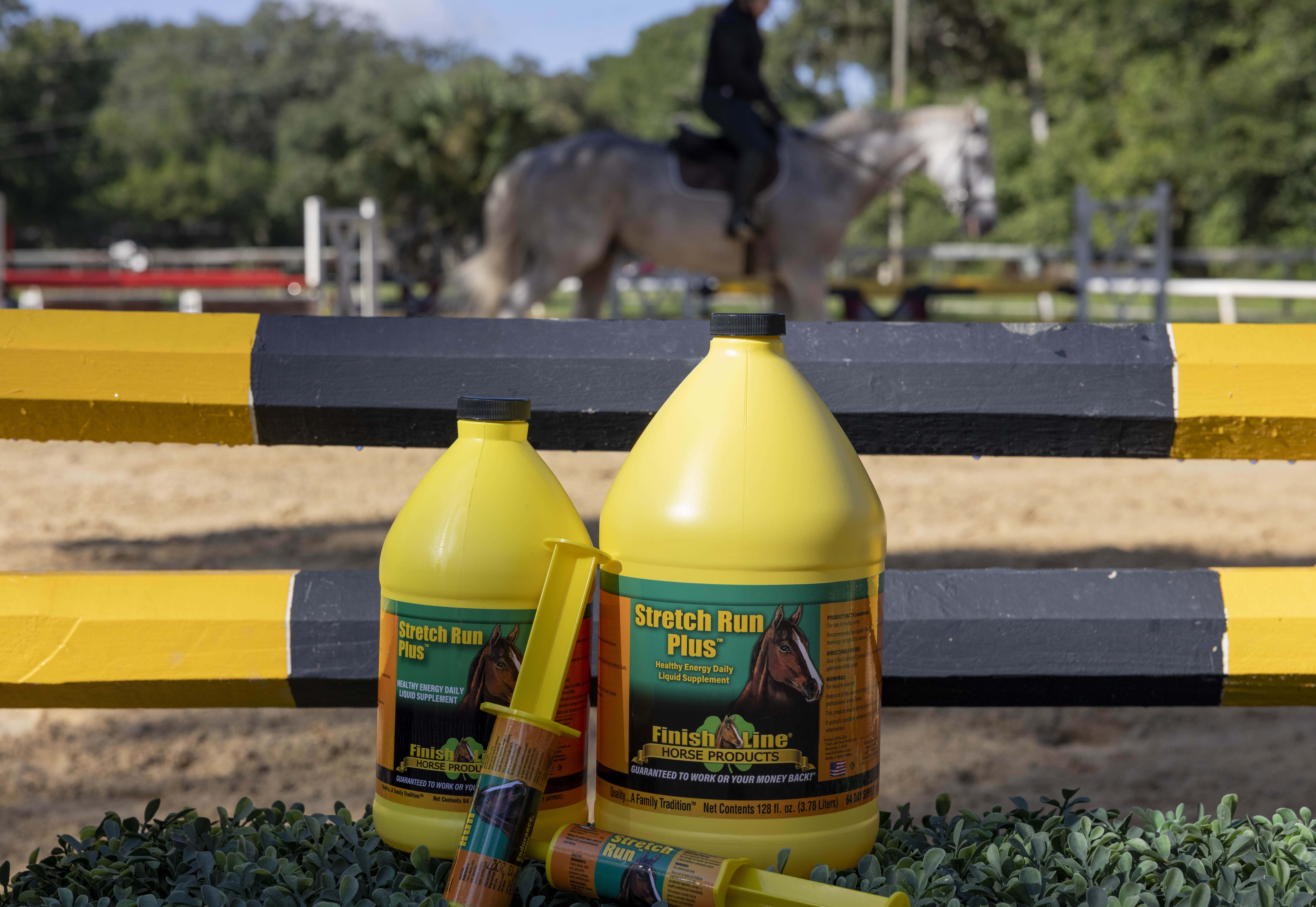Before, During, and After Your Horse Travels
Before You Load
Whenever possible, only haul horses that are in good health and calm in temperament. Postpone trips for animals that are ill or recovering from illness or injury. Make sure they’ve had ample forage and water ahead of time, as stress during transport can reduce appetite and drinking.
Keep vaccinations up to date, planning them far enough in advance—about two to three weeks before departure—so the horse’s immune system has time to respond fully.
On the Road
Maintain steady airflow in the trailer to prevent excess heat, dust, and humidity from building up.
Plan regular breaks, roughly every few hours, to allow horses to stand quietly with their heads lowered, helping clear the airways and support healthy breathing. Use these pauses to check their condition and comfort.
After You Get to Your Destination
Give horses the chance to move freely—turnout or a hand walk can help them loosen stiff muscles and relax. In the days following the trip, watch closely for any signs of trouble, such as elevated temperature, nasal discharge, or cough, which may indicate respiratory problems or other health concerns.
Nutrients and Botanicals That Support Equine Immunity
Incorporating targeted immune-supportive nutrients and botanicals into your horse’s diet well before travel can help build internal resilience.
Key nutrients that support immune health include Vitamin C to protect cells from oxidative stress, folic acid for immune cell production, and zinc for additional immunity and tissue repair.
Botanicals are also known to be helpful for supporting the horse’s immune system. Some equine-friendly options are goldenseal, echinacea, yellow dock, schizandra berry, and ashwagandha.
These natural ingredients can assist in maintaining immune balance during stressful periods like travel. Always consult your vet before starting any new supplement and begin any regimen at least a few weeks before departure to allow the horse’s system to adjust.










